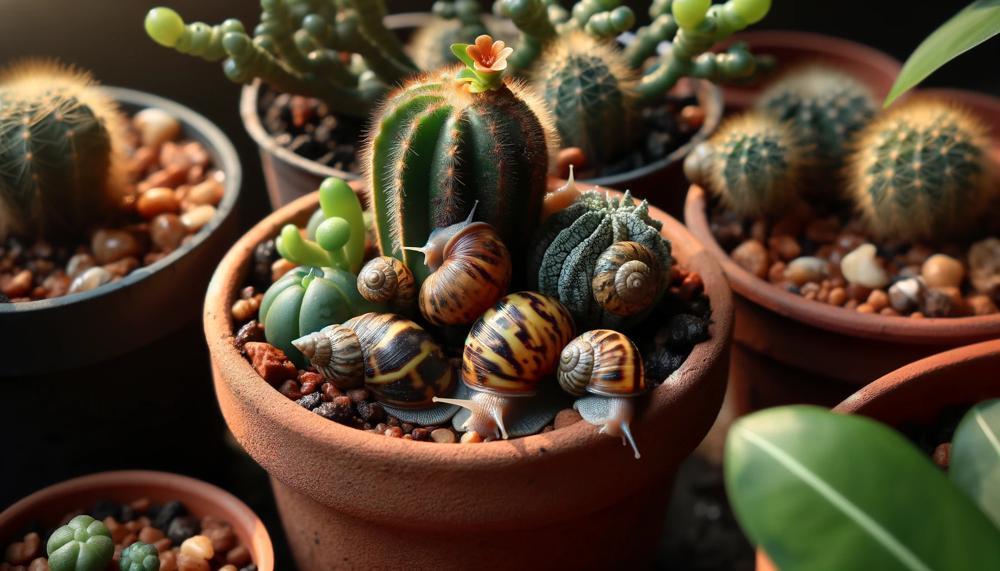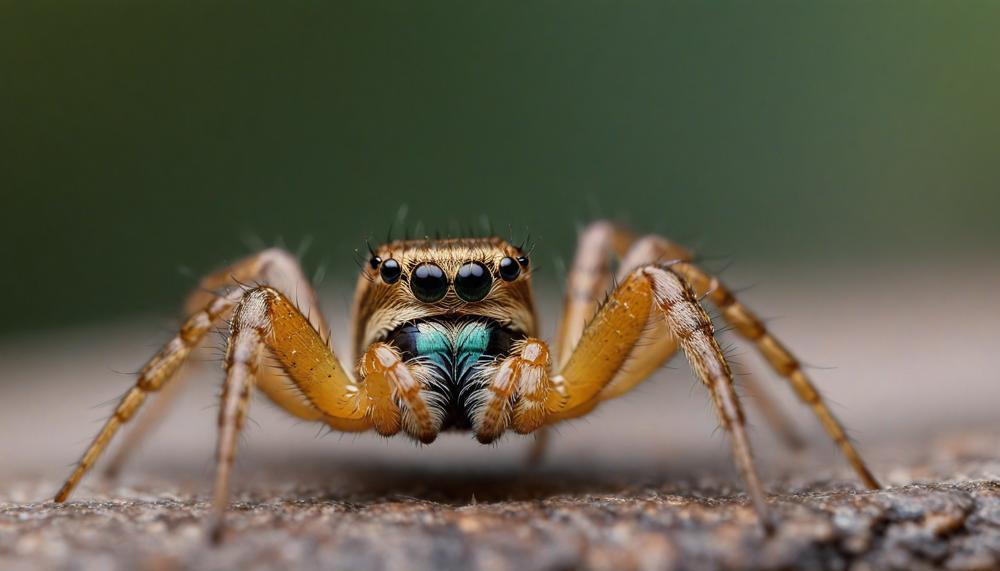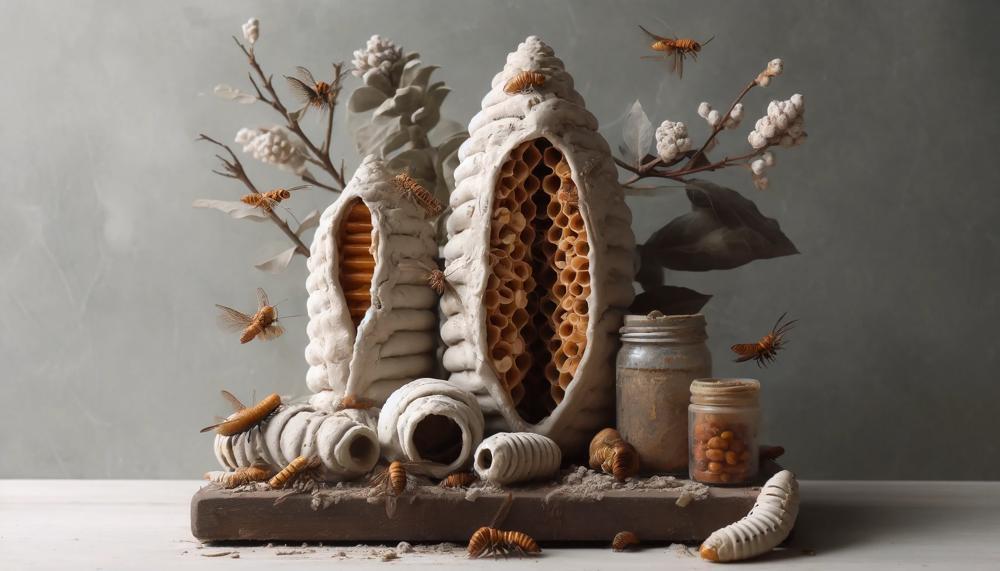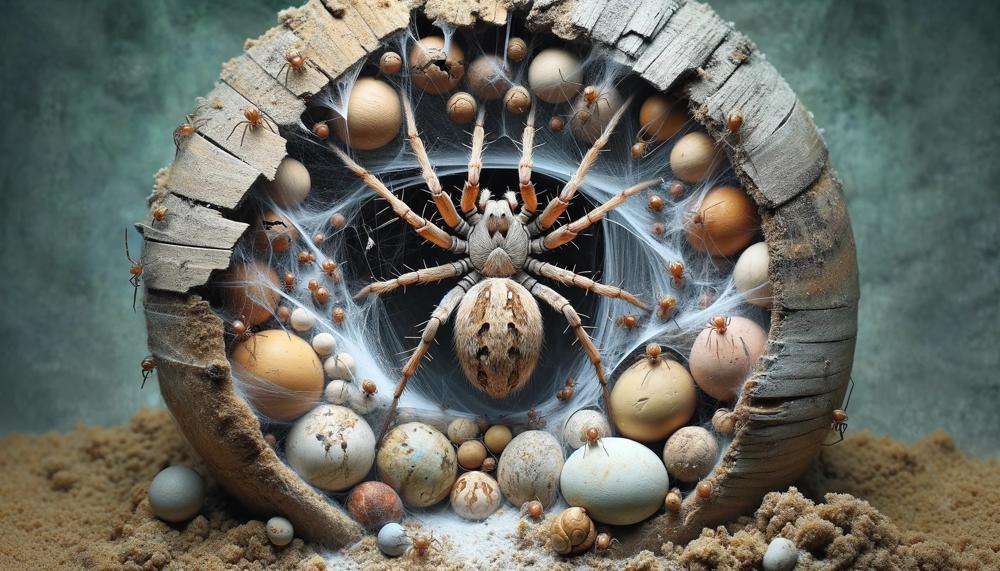There are some ways to get rid of water boatmen naturally:
- Manually vacuum: Use a vacuum to remove debris and eggs from the pool
- Skim: Use a skimmer to remove the bugs
- Brush: Brush the pool to keep water bugs out
- Shock: Shock the pool with chlorine once a week to kill algae
- Boric acid: Use boric acid to dehydrate and kill the bugs
- Control lighting: Turn off the pool lights at night, or keep them on the lowest setting under a pool cover to make it harder for the bugs to spot them
You can also prevent water boatmen from multiplying by eliminating algae, which is what the bugs need to survive. You can use an algaecide like Polyquat 60, but it will break down over time.
So, let’s dive in.
Table of Contents
Differences between Water Boatman and Backswimmer Bugs
| Feature | Water Boatmen | Backswimmer Bugs |
| Appearance | Slender bodies, red eyes, and distinctive scoop or oar-shaped hind legs. | Oval-shaped bodies with a keeled back, swimming upside down with a dark belly and light back. |
| Swimming Style | Swim right side up along the bottom of the pond. | Swim upside down, with their ventral side facing upwards. |
| Mouthparts and Diet | Lack the standard piercing beak; feed on algae and other organic materials. | Predatory with a piercing beak used to catch and feed on other small aquatic insects or arthropods. |
| Behaviour towards Humans | Harmless to humans; do not bite. | Can bite humans if handled or disturbed. |
| Ecological Role | Help maintain dissolved oxygen levels by feeding on algae, mosquito larvae, small fish eggs, etc. | Predatory nature helps control mosquito populations by preying on their larvae. |
| Cultural Significance | Rarely mentioned in cultural contexts due to their harmless nature. | Consumed by humans in various cultures for their protein content. |
The above table outlines key physical differences between water boatmen and backswimmer bugs, making it easier to distinguish between these two common aquatic insects found in freshwater habitats.
Where Do Water Boatmen Come From?
Water boatmen, or corixids as they’re scientifically known, are intriguing creatures whose origins trace back to various freshwater habitats across the globe, including North America, Europe, and Asia.
These insects boast a distinctive physique characterized by elongated bodies and oar-like legs, which they adeptly use for navigation through aquatic environments.
Origins and Habitats

| Location | Habitat | Remarks |
| North America | Ponds, Lakes, Streams | Widespread presence |
| Europe | Slow-moving Rivers, Marshes | Common in freshwater bodies |
| Asia | Wetlands, Rice Fields | Adaptable to various aquatic settings |
Attractions to Homes
What draws these aquatic voyagers to our homes? Primarily, it’s the allure of standing water sources such as bird baths, pools, and fountains. They’re also enticed by the glow of lights at night and the abundance of organic matter like decaying vegetation or algae. These factors not only provide sustenance but also habitat for water boatmen.
- Standing Water: The quintessential attractant, offering an ideal breeding and living environment.
- Light Sources: Nighttime illumination draws them close to windows and outdoor lighting.
- Organic Matter: Overgrown gardens or yards rich in plant detritus provide a feast for these insects.
Occasionally, water boatmen hitch a ride into homes via plants or outdoor items, sneaking in unnoticed in their nymph stage. This inadvertent introduction often occurs when these items are transported indoors from their natural outdoor settings.
By understanding the roots of where water boatmen come from and acknowledging what lures them into our living spaces, we’re better equipped to mitigate their presence.
What Attracts Water Boatman Bugs to Your Pool?
Water boatman bugs, with their oar-like legs and affinity for freshwater, find themselves irresistibly attracted to our pools. This attraction is not arbitrary but driven by specific factors that can turn your tranquil pool into a bustling hub for these critters.
Factors Attracting Water Boatman Bugs to Pools
| Factor | Description | Natural Prevention/Elimination Method |
| Dirty Pools and Organic Debris | Pools littered with leaves, twigs, and other organic matter provide a perfect feast for water boatmen. | Regularly skim your pool to remove debris. Ensure proper filtration and circulation to prevent the accumulation of organic matter. |
| Pool Lights | These bugs are drawn to bright lights at night, mistaking them for natural water sources. | Minimise the use of underwater lights at night. Consider motion-activated lights or timers to reduce attraction. |
| Stagnant Water | A malfunctioning pump or poor circulation creates stagnation, ideal for water boatman breeding. | Maintain your pool pump and filter system in top-notch condition to ensure water is always moving. |
| Algae and Plant Matter | High levels of algae and other plant matter in the pool provide a food source for these bugs. | Use natural algaecides and ensure correct chemical balance in the pool. Regularly brush and vacuum the pool walls and floor. |
Do Water Boatmen Bite?
No, water boatmen do not bite humans. These aquatic insects are known for their peaceful nature and are not dangerous, venomous, or harmful to humans in any way.
In fact, they tend to skedaddle the moment you get close. So, if you’ve spotted these critters paddling around in your pool or pond, there’s no need to fret about them posing any danger to you or your loved ones.
Understanding Water Boatmen: Harmless Aquatic Companions
Water boatmen are intriguing creatures that make their homes in various bodies of water, including swimming pools. They feed primarily on algae and plant debris, playing a beneficial role in aquatic ecosystems by helping keep water clean. Despite their somewhat alien appearance, they’re entirely benign to humans.
Table: Comparing Water Boatmen with Other Insects
| Insect | Does it bite? | Hazard level to humans |
| Water Boatmen | No | Harmless |
| Mosquitoes | Yes | Potentially dangerous (disease vectors) |
| Bees | Yes (if provoked) | Mild to severe (allergic reactions possible) |
How To Get Rid of Water Boatman Bugs
To tackle the challenge of ridding your home of water boatman bugs naturally, it’s essential to focus on both preventive measures and active removal strategies.
These critters, though harmless to humans, can become a nuisance if they find a hospitable environment in your swimming pool or pond.
Here’s how you can keep them at bay using nature-friendly methods:
| Method | Description | Benefits |
|---|---|---|
| Regular Pool Maintenance | Skim and brush your pool frequently to remove algae and debris. Vacuum the pool to eliminate floating or sinking debris. | Prevents algae growth, thus removing the food source for water boatmen. |
| Balance Pool Chemistry | Keep the pool water chemistry balanced and use algaecide as needed to deter algae proliferation. | Creates an unwelcoming environment for water boatmen by eliminating algae. |
| Use a Pool Cover | Cover your pool when not in use, especially overnight, to block sunlight and reduce algae growth. | Minimizes algae bloom and makes the pool less attractive to water boatmen. |
| Clean Pump and Filters | Ensure the pool pump and filters are clean and functioning properly to avoid attracting bacteria and microorganisms. | Maintains a clean pool that deters water boatmen infestation. |
| Lights Off Policy | Turn off pool lights at night as these insects are attracted to bright lights. | Reduces the attraction for nocturnal pests like water boatmen. |
| Natural Predators | Encourage the presence of frogs, fish, spiders, birds, and dragonflies around your pool area. | These predators naturally feed on water boatmen, controlling their population. |
| Professional Help | If the infestation is severe, consider hiring a professional pest control service for guidance and treatment. | Ensures thorough elimination of the problem with expert advice. |
By adopting these natural methods, you can effectively reduce or eliminate water boatman bugs from your home environment.
What Kills Water Boatmen Quickly?
To swiftly tackle the issue of water boatmen in your pool or pond without reaching for chemicals or pesticides, a blend of preventive maintenance and encouraging their natural predators is your best bet.
Below, we delve into methods that not only aim to eliminate these unwelcome guests quickly but also keep them from returning.
Regular Pool Maintenance
Ensuring your pool is not an inviting habitat for water boatmen involves routine care:
| Action | Benefit | Frequency |
| Skimming | Removes debris that could feed algae (water boatmen’s food source). | Daily |
| Vacuuming | Keeps the pool bottom clean, further discouraging algae growth. | Weekly |
| Using algaecide | Directly targets algae, cutting off the food supply for water boatmen. | As needed, following product guidelines |
Modify Pool Environment
Simple changes to the pool’s surroundings can deter water boatmen:
- Cover your pool when not in use: This physical barrier prevents water boatmen from accessing the water.
- Turn off lights at night: Water boatmen are attracted to light. Reducing light pollution near your pool or pond can make it less appealing.
Encourage Natural Predators
Nature has its way of balancing ecosystems. By inviting natural predators of water boatmen into your garden or pool area, you can significantly reduce their numbers.
| Predator | How to Attract/Support | Impact on Water Boatmen |
| Frogs and Fish | Introduce to ponds; provide hiding spots in pools. | Eat water boatmen and larvae. |
| Spiders, Birds, Dragonflies | Maintain garden areas around the pool; avoid using pesticides that could harm these predators. | Prey on adult water boatmen and disrupt breeding. |
DIY Pest Control Techniques
For an immediate reduction in water boatman numbers, consider homemade traps or manual removal with a net. However, remember that these methods offer temporary relief and are most effective when combined with the long-term strategies outlined above.
By approaching the issue from multiple angles—maintenance, environmental adjustments, and bolstering natural predator populations—you can effectively control water boatmen populations without resorting to harsh chemicals.
4 Ways To Prevent Water Boatmen from Returning
To naturally prevent water boatmen from making a comeback in your swimming pool, consider implementing the following strategies:
| Maintenance and Cleanliness | Engage in regular pool upkeep, which includes skimming, brushing, and vacuuming to eliminate algae and debris. This reduces the food source for water boatmen, making your pool less inviting. |
| Pool Chemistry | Ensure your pool’s chemical balance is optimal. Utilize algaecide judiciously to deter algae growth. A balanced pool is less likely to attract these critters. |
| Lighting Management | Diminish the allure of your pool by turning off lights at nighttime. If lighting is necessary, opt for subdued settings and consider using a timer to minimize exposure. |
| Natural Predators | Encourage the presence of natural predators like frogs, fish, and dragonflies in your garden. These creatures feast on water boatmen and can help keep their population in check. |
By integrating these natural methods into your routine pool maintenance, you can effectively deter water boatmen from finding sanctuary in your swimming pool.
Conclusion
Those calm seafarers, known as water boatmen, have a magical ability to transform our swimming pools into their summer homes, yet they do us no damage. Their presence serves as a subtle reminder of the delicate waltz of nature, in which every organism is vital to the balance of the ecosystem. Regaining the purity of our rivers and living in harmony with these benign creatures calls for a combination of caution, forethought, and reverence for the natural world.
Accept the pulse of a water sanctuary devoid of boatmen: the rhythm of routine pool maintenance. Keep your pool’s chemical composition balanced, skimmed, and brushed to deter these visitors from remaining longer than necessary. Covering your pool is an easy thing to do, but it acts as a barrier, preventing these nighttime guests from entering the calm waters illuminated by the moon. By lowering artificial lighting, you may create a veil of invisibility surrounding your pool to deter these nocturnal intruders.
Let the guards of nature, the dragonflies and frogs, to patrol your yard. They are a living example of the cycle of life, in which every predator and prey performs a complex dance of balance. These organic buddies preserve homeostasis without the slightest hint of chemicals by feasting on water boatmen. This strategy recognizes that human areas may thrive without upsetting the delicate tango of the natural world, rather than opposing it. It is a peaceful agreement.
By tending to our watery refuges with awareness and compassion, we encourage peace—not just for ourselves but for all living things in our surroundings.





